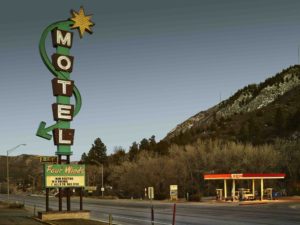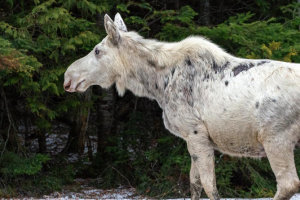“Where are you from?”
There are few other questions in Australia that help shed a light on the overlapping and contradictory sense of sovereignty and belonging between Indigenous people, white people, and non-Indigenous people of colour.
For many, it exists as a safe topic of small talk. Where are you from? Where do you work? Where did you go to school? What’s your favourite footy team?
For Indigenous people, it is the gateway question that all relationality stems from. Where are you from? Where are you connected to? Who are you connected to? Are we connected? What are our responsibilities to each other? It highlights the importance of connection and responsibility between people and place and all things within it.I write while my children steal cars and rob houses: the awful human cost of racist stereotypesRead more
There is another usage as well, though – one that generally exists between white people and anyone who doesn’t look sufficiently white or Indigenous (in the eyes of a given white person at least). It goes something like this:
White person: Where are you from?
Non-white, non-Indigenous person: Melbourne.
White person, confused: No, no. I mean, where do you really come from?
It is a question that very clearly asserts its purpose: “People who look like you don’t come from here. White people come from here. So, where do you really come from?”
It isn’t always said with malicious intent; sometimes white people are super excited to learn about “other” or “exotic” cultures. The underlying meaning is still the same, though – you can’t be from here. White people come from here.
There is something uniquely perverse about being Indigenous in these lands and watching white people offer (or withdraw) this conditional acceptance. It is right up there with being told to “love it or leave” by those who support the ongoing destruction of the country they claim to love.
And therein lies the uncomfortable truth. They do not love this country, its land, its waters and its people. They love an imagined white nationalist state called “Australia”.
An exploration of the question “where are you from?” serves as a powerful disruption to those who love to say, “well, we’re all boat people anyway!” or even those who dream of a day where “we can all come together and be just Australians!”
It’s important here to point out that most white people in Australia don’t like being called white. If you’re white and you’re reading this, I’m sure you’re starkly aware right now that I have been naming whiteness. You might like that I’m doing it or you might not like it, but I bet you’ve noticed it.
It is still not a common occurrence in Australia for whiteness to be named.
It was common within western literature that the terms “people” and “white people” were readily interchangeable, but with “white people” falling out of fashion, that meant that white became only “people”.
But they still kept all the racialised adjectives, classifications and slurs for everyone else.




